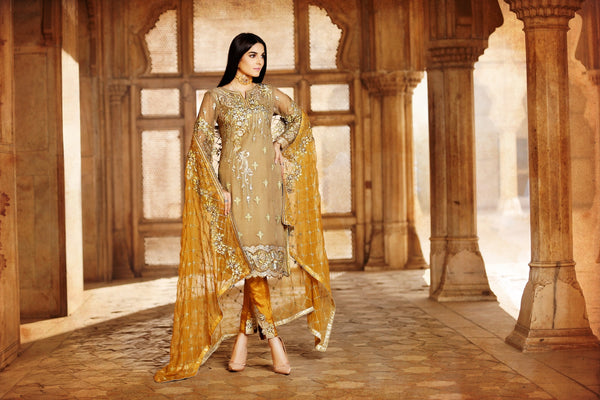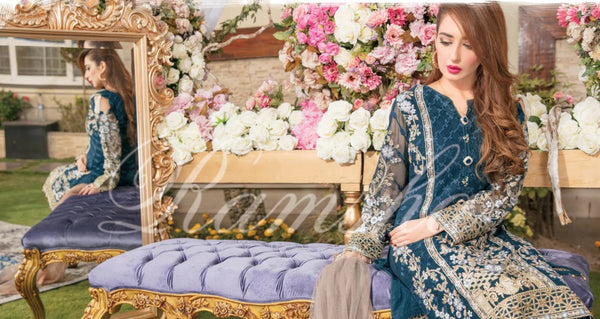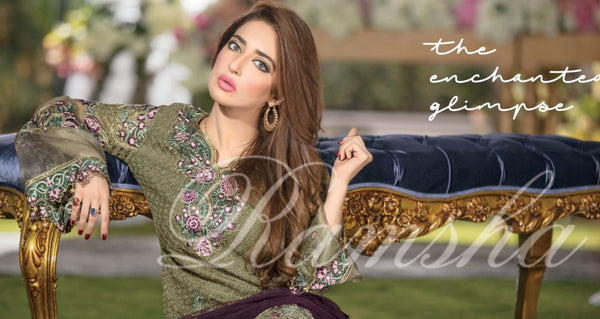August 12, 2023
What is a Tunic?
A tunic is a versatile garment that has been worn by people for centuries. It is a loose-fitting, knee-length or longer top that is mainly worn by women. Tunics come in various styles, fabrics, and designs, making them suitable for different occasions and fashion preferences.

Floral Print Georgette Tunic
A Glimpse into History: The Birth of the Tunic
The origins of the tunic can be traced back to ancient civilizations that spanned the globe. In ancient Egypt, both men and women adorned themselves with tunics, often crafted from lightweight linen to combat the scorching desert heat. These early tunics were simple, loose-fitting garments that provided freedom of movement while protecting the body from the elements.
Similarly, the Greeks and Romans embraced the tunic as a staple of their wardrobes. The Greek chiton and Roman tunica were draped garments that exemplified the classical aesthetic. Tunics were a symbol of social status, with variations in length, fabric, and embellishments denoting the wearer's position in society.
Tunics Across Cultures: A Global Fashion Phenomenon
As time progressed, the tunic spread its influence across continents and cultures, adapting to regional preferences and styles. In India, the kurta is a traditional tunic that remains popular to this day, often paired with loose-fitting trousers known as salwar or churidar. The kurta's versatility and comfort make it a go-to choice for both everyday wear and special occasions.
In African cultures, the tunic takes on various forms, such as the dashiki and the djellaba. These garments often showcase intricate embroidery, vibrant colors, and bold patterns, reflecting the rich heritage and artistic expressions of their respective regions.
Evolving Styles: Tunics Through the Ages
The tunic's journey through history has seen it evolve in design, fabric, and purpose. During the Middle Ages, the tunic transformed into a more structured and tailored garment, serving as the basis for mediaeval European fashion. In the Renaissance era, tunics were adorned with lavish fabrics and ornate decorations, catering to the tastes of the aristocracy.
Fast forward to the 20th and 21st centuries, and the tunic has undergone a modern revival. Designers and fashion enthusiasts alike have embraced the tunic's inherent versatility, reimagining it in various lengths, cuts, and materials. From bohemian-inspired tunics with intricate embroidery to sleek and minimalist versions for contemporary urban wear, the tunic continues to capture the essence of each era while adapting to changing sensibilities.

Embroidered Polyester Tunic
Styling the Tunic
In the modern fashion landscape, the tunic stands as a canvas for endless styling possibilities. Its relaxed yet chic silhouette makes it an ideal choice for various occasions, from casual outings to semi-formal gatherings. Here are a few ways to style a tunic to create distinct looks:
1. Effortless Casual::
Pair a flowy tunic with skinny jeans and ankle boots for a comfortable yet stylish everyday outfit. Add a statement necklace or layered bracelets to elevate the ensemble.
2. Bohemian Vibes:
Embrace boho-chic by wearing a tunic as a dress with a wide belt cinched at the waist. Complete the look with suede fringe boots and a floppy hat.
3. Workwear Elegance:
Opt for a tailored tunic in a luxe fabric like silk or satin. Pair it with slim-fit trousers and pointed-toe heels for a sophisticated office look.
4. Beach Escape:
Throw a lightweight tunic over your swimsuit for a quick cover-up that transitions seamlessly from the beach to a beachside cafe.

Ethnic Motifs Printed Tunic
Conclusion
From its humble origins in ancient civilizations to its present-day prominence on fashion runways and streets, the tunic has proven itself to be a timeless and versatile garment that transcends boundaries. Its evolution through history reflects the ever-changing landscape of fashion, while its enduring appeal lies in its ability to effortlessly merge style and comfort. As trends come and go, the tunic stands as a reminder that true fashion is a fusion of tradition, innovation, and individual expression. With its rich heritage and contemporary interpretations, the tunic continues to capture the hearts and wardrobes of fashion enthusiasts worldwide, embodying the essence of style, culture, and empowerment.
← Back to Blogs
Also in Fabricoz
INFORMATION
FABRICOZ HELP






